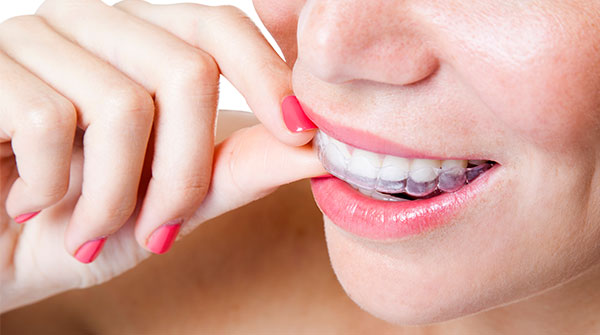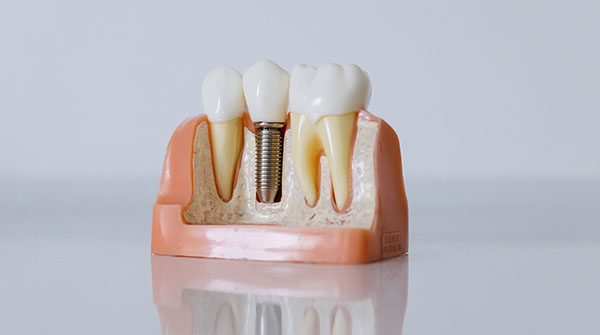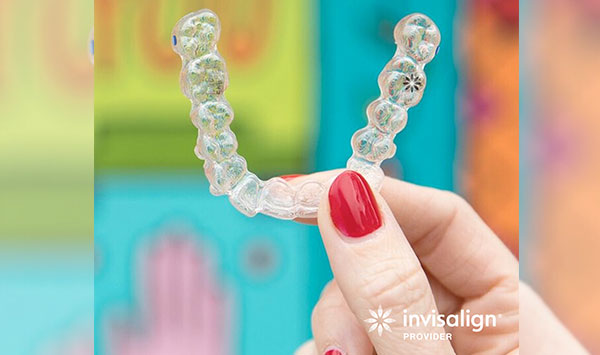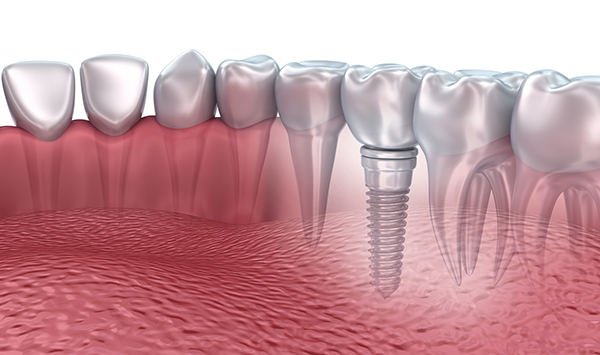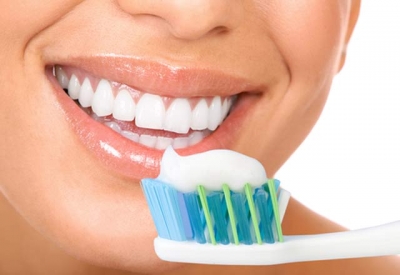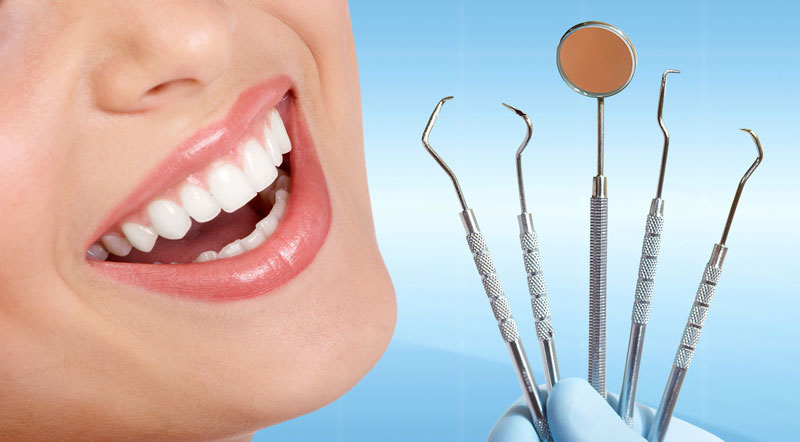Blog
10 Common Dental Myths Debunked
JUNE 9, 2024 / DENTISTRY

When it comes to dental health, misinformation abounds. With so many myths floating around, it can be challenging to distinguish fact from fiction. To help you maintain a healthy smile, here at Napa Dental in Woodbridge we’re debunking 10 common dental myths.
- Myth: Brushing Harder Cleans Better
Fact: Brushing too hard can damage your tooth enamel and gums. Use a soft-bristled toothbrush and gentle, circular motions to clean your teeth effectively without causing harm. - Myth: You Don’t Need to See a Dentist if You’re Not in Pain
Fact: Many dental issues don’t cause pain until they’re advanced. Regular dental checkups are crucial for early detection and prevention of problems like cavities, gum disease, and oral cancer. - Myth: Sugar Is the Only Cause of Cavities
Fact: While sugar contributes to cavities, it’s not the sole culprit. Any carbohydrate can feed bacteria that produce cavity-causing acid. Maintain a balanced diet and practice good oral hygiene to reduce your risk. - Myth: Whitening Toothpaste Can Whiten Teeth Overnight
Fact: Whitening toothpaste can help remove surface stains, but it won’t change the natural color of your teeth overnight. For more significant results, consider professional whitening treatments. - Myth: Gum Disease Only Affects Your Mouth
Fact: Gum disease can have far-reaching effects on your overall health. It’s linked to conditions like heart disease, diabetes, and respiratory issues. Maintaining good oral hygiene is essential for your overall well-being. - Myth: Kids Don’t Need to See a Dentist Until They Have All Their Baby Teeth
Fact: The American Academy of Pediatric Dentistry recommends that children visit a dentist by their first birthday. Early visits help ensure proper dental development and establish good oral health habits. - Myth: It’s Normal for Gums to Bleed When You Brush or Floss
Fact: Bleeding gums can be a sign of gum disease or improper brushing and flossing techniques. If your gums bleed regularly, consult your dentist for an evaluation and proper care instructions. - Myth: Bad Breath Means You’re Not Brushing Properly
Fact: Bad breath, or halitosis, can be caused by various factors, including certain foods, dry mouth, or medical conditions. If persistent, consult our dental team to determine the underlying cause and appropriate treatment. - Myth: Dental Procedures Are Always Painful
Fact: Advances in dental technology and anesthesia have made most dental procedures virtually painless. Our dental team strives to ensure patient comfort and minimize discomfort during treatments. - Myth: You Don’t Need to Floss If You Brush Regularly
Fact: Brushing alone can’t reach all the spaces between your teeth. Flossing is essential to remove plaque and food particles from these areas, helping to prevent cavities and gum disease.
Understanding the truth behind these common dental myths can help you take better care of your teeth and gums. Remember, maintaining good oral hygiene and visiting us at Napa Dental in Woodbridge regularly are key to a healthy smile.
Don’t let myths stand in the way of your dental health! Call us at (905) 893-8939 to book your next visit.
Unlocking the Mystery of Gum Disease
MAY 20, 2024 / DENTISTRY

Gum disease – it's a stealthy adversary that can wreak havoc on your oral health without you even realizing it.
From subtle warning signs to more severe symptoms, understanding this common condition is key to maintaining a healthy smile for life. So, let's delve into the world of gum disease, uncovering its causes, symptoms, and the treatment options available to keep your gums in tip-top shape.
What is Gum Disease?
Gum disease, also known as periodontal disease, is an infection of the tissues that surround and support your teeth. It typically starts with the buildup of plaque – a sticky film of bacteria – along the gumline. If not properly removed through regular brushing and flossing, this plaque can harden into tartar, leading to inflammation and infection of the gums.
Causes of Gum Disease
While poor oral hygiene is the primary culprit behind gum disease, several other factors can contribute to its development. Smoking, hormonal changes (such as those during pregnancy or menopause), diabetes, certain medications, and genetic predisposition can all increase your risk of developing gum disease.
Signs and Symptoms
Gum disease often starts silently, with few noticeable symptoms in its early stages. However, as it progresses, you may begin to experience warning signs such as:
- Red, swollen, or tender gums
- Bleeding gums, especially while brushing or flossing
- Persistent bad breath
- Receding gums or changes in the way your teeth fit together
- Pus between your teeth and gums
- Loose or shifting teeth
Treatment Options
The good news is that gum disease is treatable, especially when caught early. Treatment options vary depending on the severity of the condition but may include:
- Professional dental cleanings to remove plaque and tartar buildup
- Scaling and root planing to deep clean the pockets around the teeth and smooth the tooth roots
- Antibacterial mouth rinses or medications to control infection
- Surgical procedures, such as flap surgery or bone and tissue grafts, for more advanced cases
Preventing Gum Disease
Prevention is always better than cure when it comes to gum disease. Protect your oral health by:
- Brushing your teeth twice a day with fluoride toothpaste
- Flossing daily to remove plaque and debris from between your teeth
- Eating a balanced diet rich in fruits, vegetables, and whole grains
- Avoiding tobacco products
- Visiting your dentist regularly for check-ups and professional cleanings
Take Control of Your Oral Health
Don't let gum disease sneak up on you. Stay vigilant for signs and symptoms, and don't hesitate to reach out to your dentist if you have any concerns. Together, we can keep your smile healthy and bright for years to come!
If you're experiencing any signs of gum disease or simply overdue for a dental check-up, don't wait – schedule an appointment with us today. Your oral health is our top priority, and we're here to help you achieve the healthy, beautiful smile you deserve. Contact us now, at Napa Dental in Woodbridge, by calling (905) 893-8939 to book your consultation!
Archive


